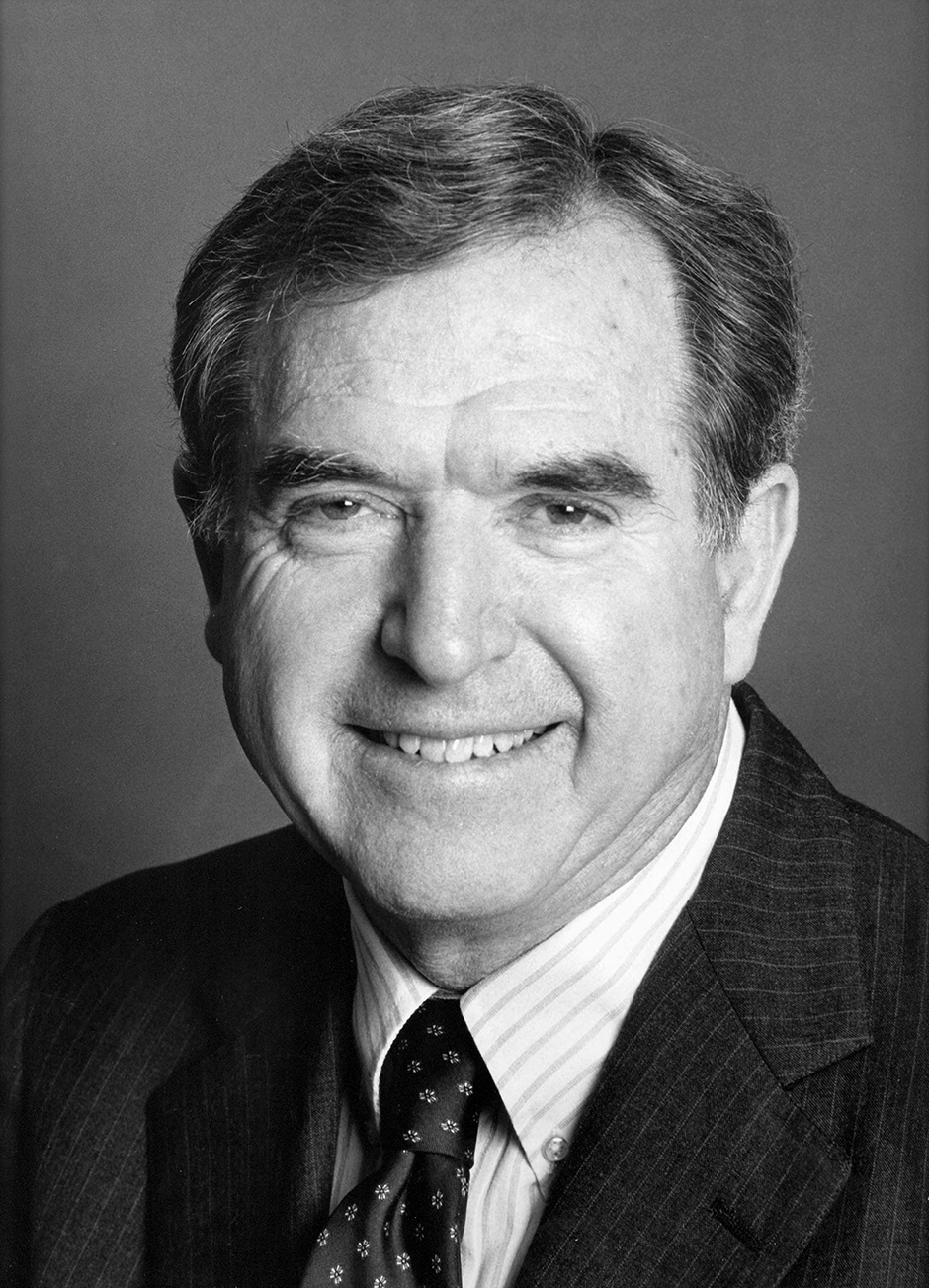Arnold S. Relman, known to friends and family as Bud, died on June 17, his ninety-first birthday, four months after learning he had a melanoma that would be fatal in a short time. He faced death with characteristic courage and dignity, and spent his last months the way he had spent much of his life—writing about the profession he loved and the system in which it served.
Relman was a towering figure in American medicine. He was a medical researcher, a clinician, a medical school professor and department head, the editor of two influential medical journals, and a prolific writer on health care. In 1977, he became editor of The New England Journal of Medicine, and it was in this position that he came to national prominence. Under his leadership, the NEJM’s standing as the world’s most prestigious medical journal grew, and it became a source not just of new research results, but of thoughtful analyses of important ethical and policy issues in medicine.
In 1980, he wrote a landmark article, “The New Medical-Industrial Complex,” in which he sounded the first warning that the American health system was becoming a profit-driven industry. For the rest of his life, that was his dominant concern: that health care in the US was increasingly treated as a market commodity, distributed according to the ability to pay, not medical need. It explained why the US, alone among advanced countries, leaves millions of its citizens with no or inadequate health care, even while spending about twice as much per capita as those countries, much of it on income-generating but medically unnecessary tests, overhead, and profits.
The answer, he wrote, was two-fold: a single-payer financing system, like Medicare, with no investor-owned private insurance companies; and a nonprofit delivery system, consisting of multispecialty groups of doctors paid by salary within a set budget. He believed that the Affordable Care Act will ultimately unravel unless it is fundamentally reformed, because while it has the virtue of increasing access, it leaves in place the private insurance industry and the profit-oriented delivery system. Either costs will rise rapidly, he thought, or benefits will become too skimpy with excessive deductibles and copayments.
Relman was a formidable intellect, a tenacious and fearless advocate for his views, but also a kind man who, despite his strong opinions, was unfailingly courteous. I joined the editorial staff of the NEJM in 1979, two years after Relman became editor. He was a demanding boss, but he probably knew more than anyone in the world about editing a medical journal, and I felt lucky to be able to learn from him. After he retired from the NEJM, we found that it is possible to fall deeply in love even late in life. Bud and I lived together for twenty happy years, the last five as husband and wife.
His review in this issue is the last thing Bud wrote. Over the years, he wrote often for The New York Review. Perhaps the most widely read of his articles was his account of breaking his neck last summer and what it taught him about being a patient. Bud very much liked The New York Review, both reading it and writing for it, so I’m pleased that his last article appears here.




